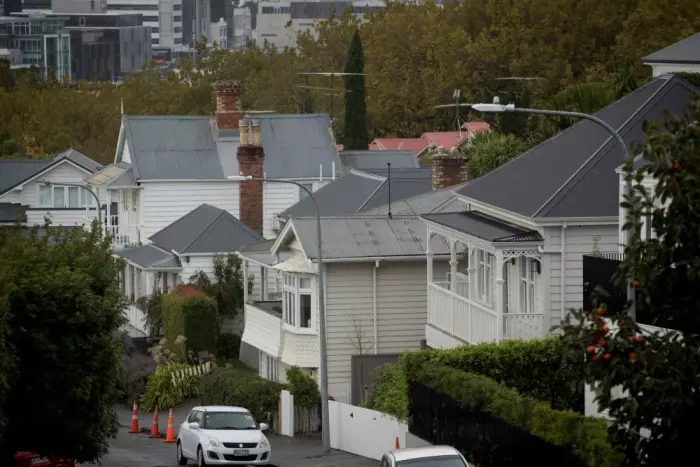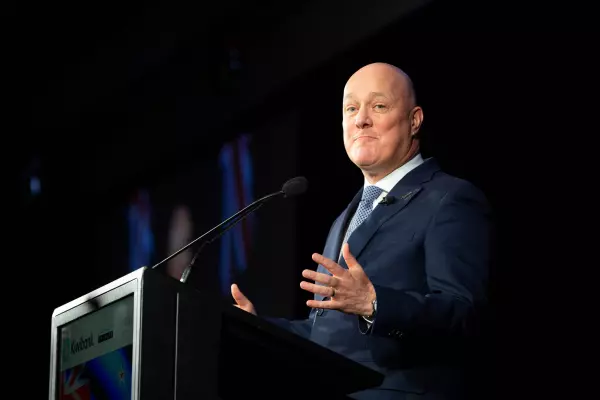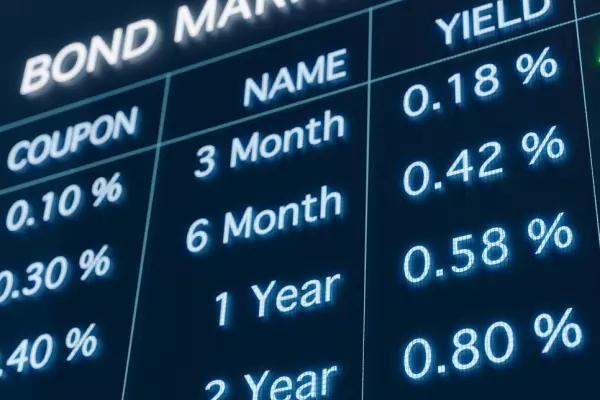BusinessDesk investments editor Frances Cook responds to emails from readers each week, answering questions about money. Below, you will find her expert advice. Send your questions to [email protected].
Hi Frances,
Can I pick your brain? We are investing in the stock market here and abroad, and my wife and I are planning to buy a house in Auckland within two years.
Our question is, is it worth it to sell ALL our shares to boost our deposit? In saying that, we may not be able to go back to investing again once we have a mortgage so we can focus on the repayments.
Just want to know your opinion on this.
Regards,
M
Hi M,
My answer depends a bit on how much money you have, and what your lifestyle priorities are.
You mention that you want to “boost” your deposit. Do you need to sell your shares to get a 20% deposit, or would this be selling your shares to go much further, and have something like 30% or 40%?
In almost all situations, you want a 20% deposit for your home, if possible.
There are ways to get a house with less, sometimes with only 5% down. But you’ll pay extra for the privilege, with the bank often charging higher fees, and a higher interest rate, until you hit that 20% mark.
If liquidating all your shares is the only way to get there, and you want to buy a house, then it seems like you don’t have much choice in this. You would simply be doing what needs to be done to get over the line.
However, if you’re just debating whether you would like a higher deposit, and possibly get more equity in your home, then it comes down to a decision on your relationship to debt, your goals for the future, and what type of financial assets you want to build up.
The argument for a bigger deposit
Having higher equity, and being one step closer to owning your home outright, gives peace of mind and security. You could be mortgage-free several years earlier, which greatly reduces a core life expense, and could give you the freedom to reduce your hours at work, go travelling, or take up an expensive new hobby.
If life hit you with a nasty financial curveball, you at least wouldn’t need to worry so much about what the bank would say about it.
You wouldn’t have the added stress of keeping a roof over your head. You would also pay less to the bank overall. The faster you pay off a home, the more you will save on interest.
You essentially pay twice for a house, once in purchase price, and then often the same amount again in interest payments over the lifetime of the loan. But any extra payments you make come straight off the original loan amount, and you save all the interest it would have cost you over 30 years.
It’s bigger than it seems at first.
Each dollar you pay off early could actually be worth $2, because of all the interest that you won’t have to pay to the bank.
The flip side
However, a home essentially traps your cash.
You can’t sell off just one room if you suddenly need funds, whereas shares give regular income from dividends, and you can sell just a few if you need money.
You also need time on your side to get the most out of shares. You want them to be increasing in value, earning dividends that you can reinvest, and those profits then going on to earn even more for you.
Compounded returns are like a rolling money snowball, where you let it roll along for long enough and soon it’s grown out of all proportion to what you had originally. But it does need time.
The compromise
My personal approach is to split things 50/50 between extra mortgage payments and investing for the future. I think it gives the best of both worlds.
You certainly want to ensure you have at least a 20% deposit for your home, to get those better interest rates and reduced fees from the bank. But once you’re over that threshold, I would consider splitting any future extra payments so some go towards the mortgage, and some are creating an income stream for the future.
However, I've hopefully given you enough information here that you can weigh it up for your own lifestyle priorities.
The security of having a paid-off home as soon as possible might be more important. Passive income from shares might be more important. A bit of both might appeal.
There are pros and cons to all of these strategies, and the deciding factor will be what works for your own values.
Small progress is still progress
As a last aside, you mention you’re not sure you’ll be able to keep investing once you have a mortgage. You know your budget better than I do, but can I suggest that even investing a small amount is worth it – $5 a week is better than $0 a week.
It’s not pointless either, as over 30 years that $5 per week builds to $22,670.59. Only $7,200 of that would be money that you put in yourself – $15,470.59 of that is compounded returns, AKA, pure lazy profits.
That’s a fairly cautious number, assuming a 7% average yearly return, which is designed to take into account fees, tax and inflation, so it would be equivalent to $22,670.59 of today’s money.
As you pay off that mortgage and get a few more pay rises under your belt, you may be able to increase how much you’re investing.
You’re more likely to increase an amount that you’re already contributing than you are to start again from a stopped position.
Good luck with the Auckland house hunt, I hope it goes well for you.
Frances Cook’s course Investing Made Simple is currently taking new students, until April 7. It covers everything from how the sharemarket works, different types of funds and shares, and common investing strategies. More details are on her website.
Send questions to [email protected] if you want to be featured in the column. Emails should be about 200 words, and we won't publish your name. Unfortunately, Frances is not able to respond to every email received, or offer individual financial advice.
Information in this column is general in nature, and should not be taken as individual financial advice. Frances Cook and BusinessDesk are not responsible for any loss a reader may suffer.














